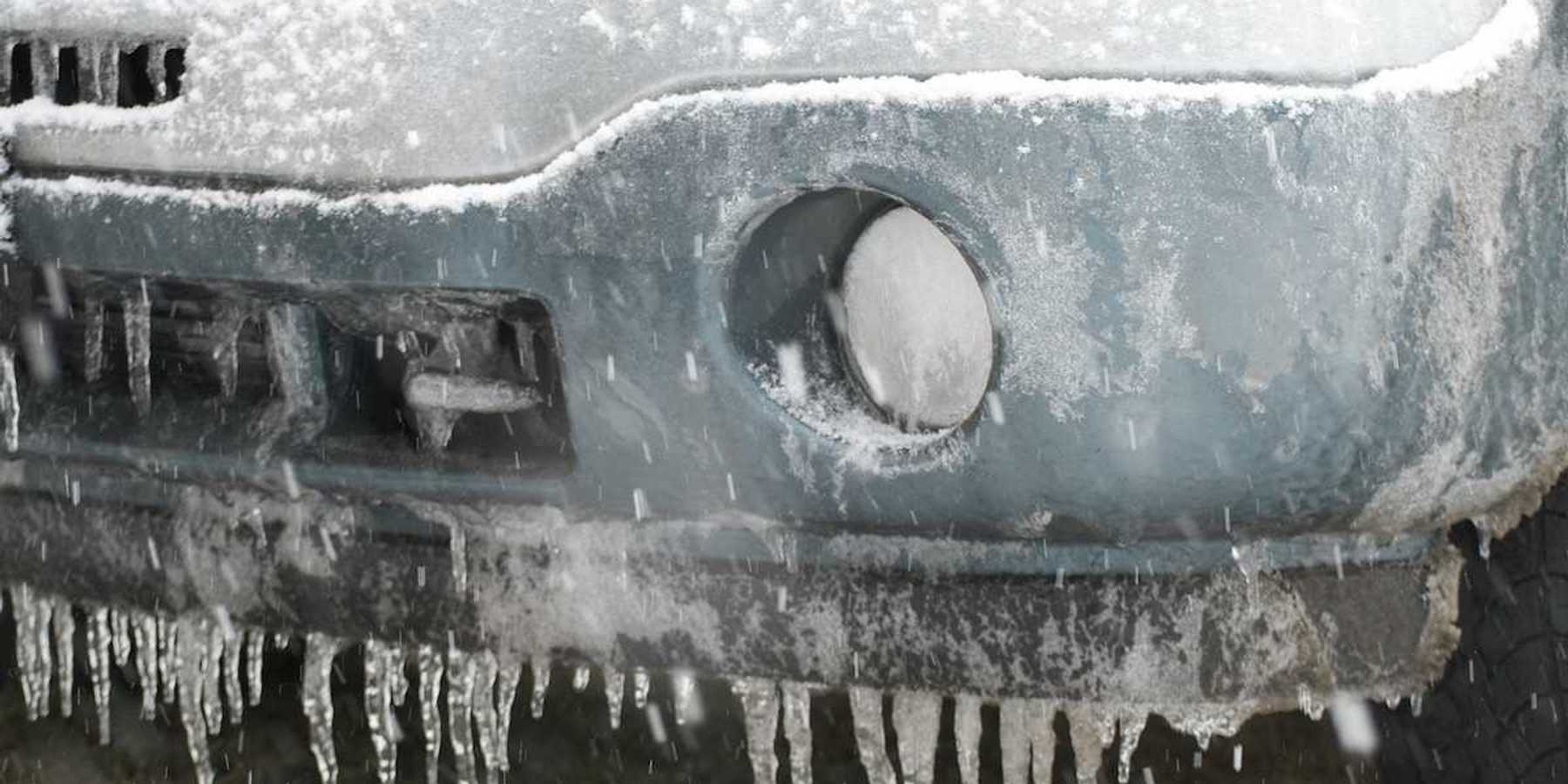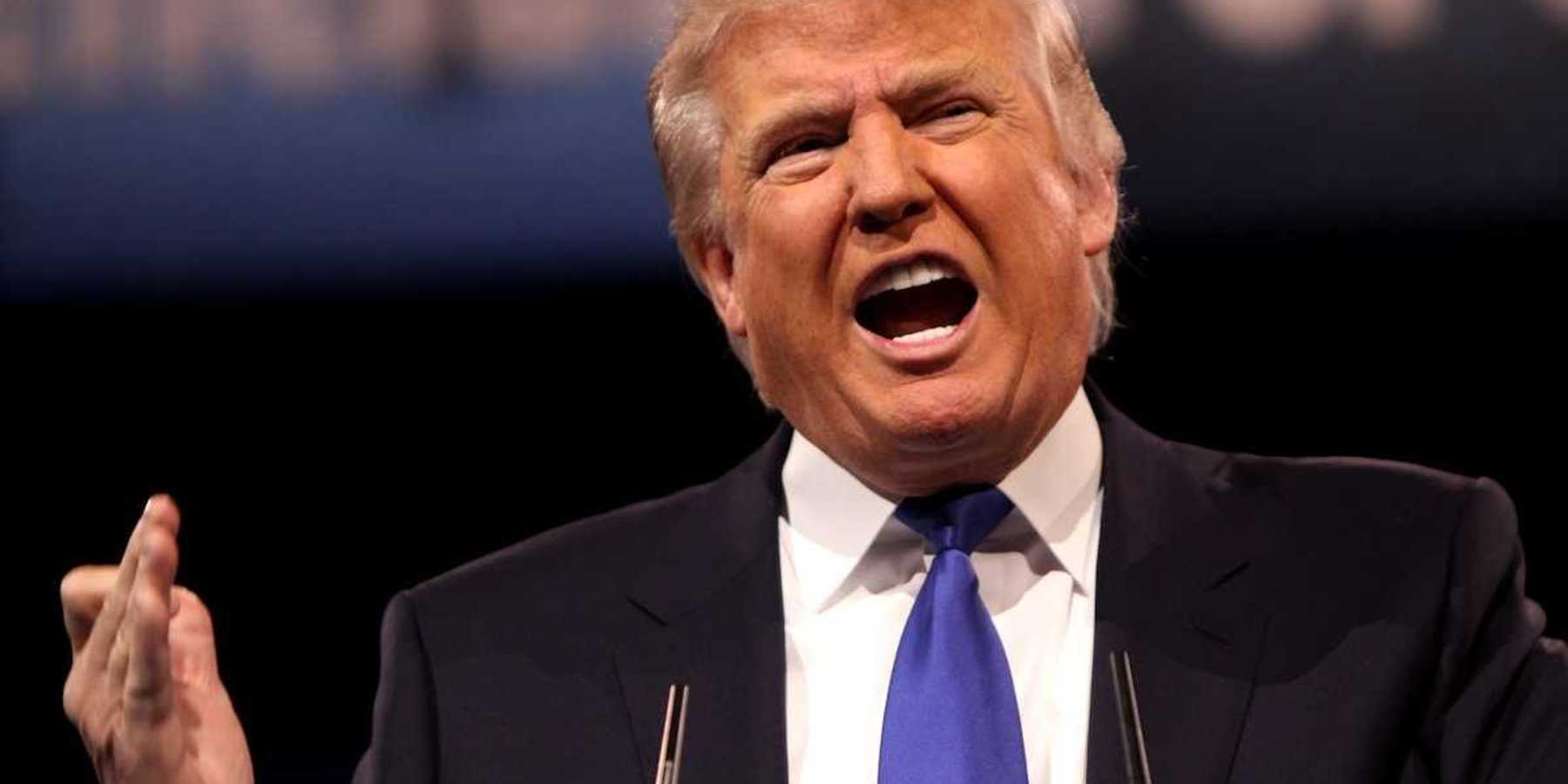Governments revisit nuclear power as energy demands soar and AI strains the grid
When the worst blackout in decades swept the Iberian peninsula in late April, it reignited global debate over nuclear energy, with leaders from Europe to the U.S. rethinking phase-outs amid pressure to meet rising power needs from artificial intelligence and tech giants.
Jillian Ambrose reports for The Guardian.
In short:
- Spain’s recent mass power outage raised doubts about the reliability of renewable energy alone, with nuclear energy supporters blaming the grid’s heavy dependence on renewables at the time of failure — though Prime Minister Pedro Sánchez dismissed the claim as misinformation.
- Countries including Germany, Switzerland, Taiwan, and the U.S. are revisiting or reversing anti-nuclear policies, citing the 24/7 power needs of AI datacenters and concerns about economic and energy security.
- Small modular reactors (SMRs), still unproven at commercial scale, are gaining political and corporate interest as a potential path to faster, cheaper nuclear expansion, with backing from tech firms like Google and governments including Canada and the UK.
Key quote:
“There was no problem caused by an excess of renewable energy. Those who link this incident to the lack of nuclear energy are either lying or revealing their ignorance.”
— Pedro Sánchez, prime minister of Spain
Why this matters:
As artificial intelligence tools spread, the electricity demand from data centers is projected to skyrocket — some estimates suggest it could double by the end of the decade. That growth is colliding with ambitious net-zero targets and a grid already under stress from extreme weather, electrification, and aging infrastructure. Nuclear power offers a low-carbon, constant energy supply, but brings longstanding challenges: radioactive waste, high construction costs, and unresolved safety concerns.
Learn more: How fragile power grids and extreme weather combined to cause Europe’s biggest blackout in decades













